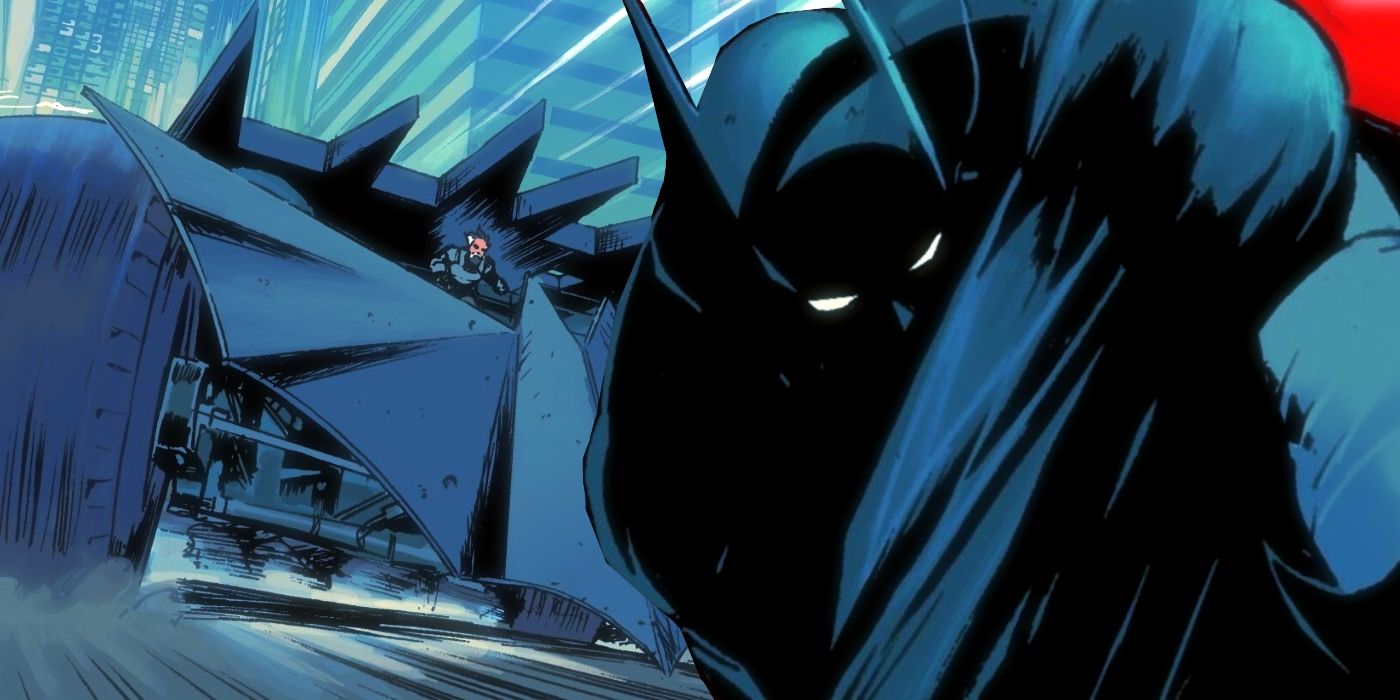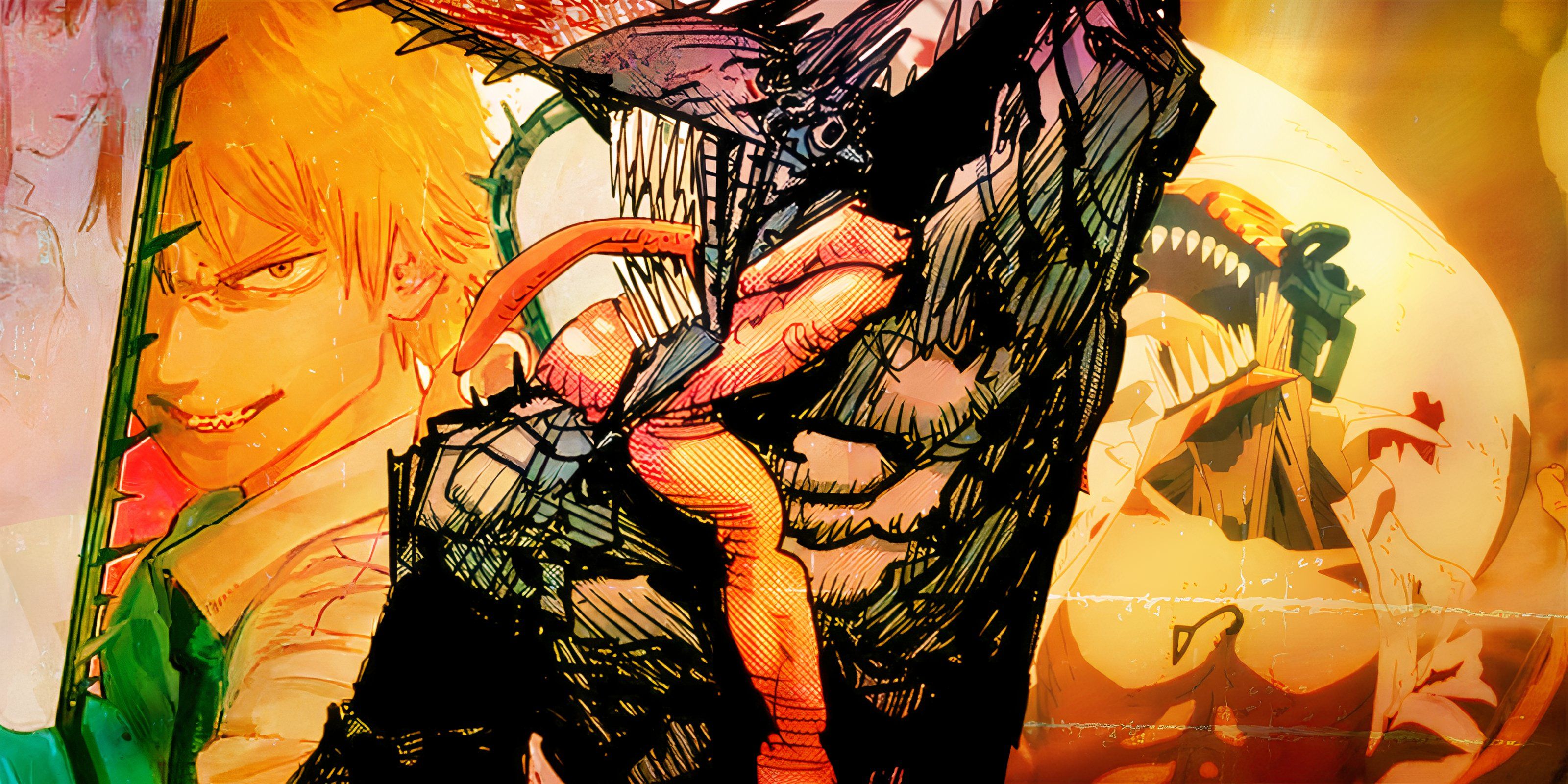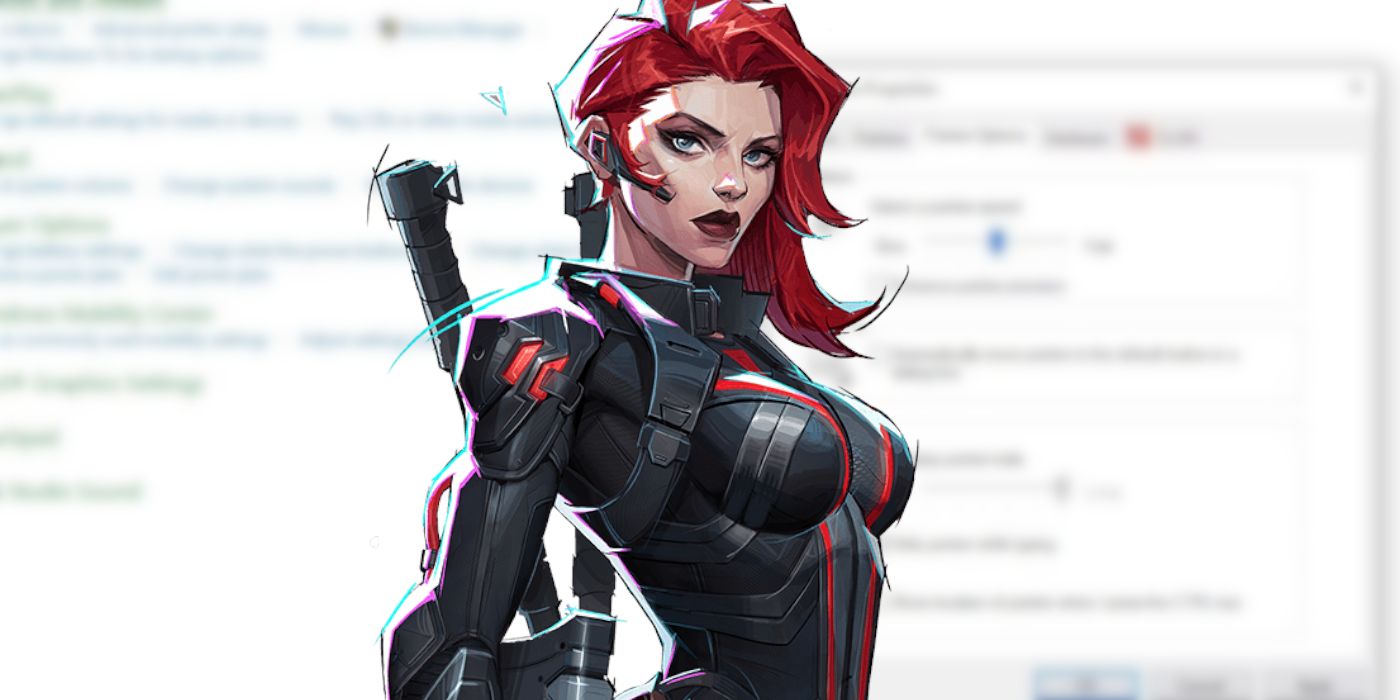SPOILER ALERT: This article contains major spoilers from the Season 1 finale of “The Day of the Jackal,” now streaming on Peacock and NOW.
Despite some initial scepticism about rebooting a property as iconic as “The Day of the Jackal,” the ten-part series starring Eddie Redmayne and Lashana Lynch has been a resounding success for Peacock in the U.S. and Sky in the U.K.
So much so a second season of the show, which is based on both Freddie Forsyth’s 1971 novel and the 1973 feature film adaptation starring Edward Fox, has already been greenlit.
In the season finale, the cat and mouse chase between the mysterious assassin the Jackal (Redmayne) and his nemesis, detective Bianca Pullman (Lynch) finally comes to a head as the duo meet face to face. Despite being cornered by Pullman and her colleague, in an almost anti-climactic moment the Jackal swiftly dispatches them both and moves onto his next mission, breaking with the original book and film, in which it is the Jackal who dies. A number of plot threads are left unresolved, including whether the Jackal will be reunited with his wife Nuria (Úrsula Corberó) and son — or whether he plans to take his revenge on her for absconding.
Ahead of the last episode dropping, lead director and executive producer Brian Kirk sat down with Variety to discuss the differences between the book and the series, the parallels with the recent real-life assassination of a prominent CEO and the shocking decision to kill off Pullman in the much-anticipated final showdown.
Were you worried about departing from the source material?
I wasn’t worried to be honest. I was excited about it because I first watched the movie when I was a very young kid with my father, who was a great lover of movies. I’d never seen anything like it before. I instinctively knew it was a defining piece, a defining thriller, certainly in terms of his reaction. That’s not something I would have been anxious to repeat. It’s not something that needed to be to be remade in its pure form and my excitement was really in in terms of seeing what Ronan would do with it, because then there’s an opportunity to create something new whilst honoring the spirit of the source without slipping into an act of mimicry. It felt like it was a story that was ripe for reinventing in that it had a very pure narrative drive, very minimally sculpted characters, and had very archetypal energy.
How involved were you in the season finale?
I was involved in the discussion about the fact that [Bianca] should be the one who dies and involved in the broad conversation with [showrunner] Ronan Bennett about how she got there.
Was the choice between killing off the Jackal and Bianca?
Yes. Obviously that’s the whole dramatic momentum of the story is that you’ve got these two people, you’re rooting for them both and one of them has to die. That’s what keeps you watching at a very basic level.
So why did you ultimately decide on Bianca?
I think that that there’d been such an intense investment in the character of the Jackal, and so much excitement about how much further he could be taken, and that’s been validated by the fact that there’s a second season. It’s about growing the IP… and it is “The Day of the Jackal” it’s not “The Day of the Person Who Kills the Jackal.” So it felt appropriate. And by the way, all credit for that should go to Ronan. His idea was that that’s the ultimate twist, is that the guy you’ve been programmed to think is going to die — because that’s what you’ve been told — in fact, he doesn’t.
There are some uncanny parallels between the show – in which a charismatic assassin sets out to kill a CEO of a large company – and the murder of UnitedHealthcare CEO Brian Thompson earlier this month. In the same way audiences are rooting for the Jackal, there’s been a lot of discussion about the sympathy and even admiration people have for Thompson’s alleged killer. What do you think it says about society right now that we’re rooting for assassins?
You know, honestly, I feel that this [“The Day of the Jackal”] is a work of fiction. It’s based on a novel, it’s based on a movie, and I’m more comfortable talking about it in the realm of story, which is an allegory for human behavior, rather than a commentary on any particular incident. I think it would be a disservice to the to the show to allow it to attempt — or for me to try to become an authority on something that I’m not.
Last week executive producer Gareth Neame said the feedback on the show was that “people just seem to be fascinated with the idea of this lone wolf assassin figure. I don’t quite know why this is, and [despite] the fact everyone’s saying that they feel slightly icky for rooting for him throughout, they do.” So why do you think audiences are rooting for Redmayne’s Jackal specifically?
I think it’s because they watch somebody who is prepared to risk their life to be the best in the world at what they do and prepared to continue to go up against impossible odds, even as the net closes in, to have committed to doing this thing. And part of it is dedication, part of it is artistry, part of it is being a sociopath, frankly, but that single-minded commitment to something – most of us are worried about, did we lock the front door? Have we paid our bills? Whereas the great thing about both the character and the embodiment of the character through a movie star is that they appear to exist purely in the moment, in the present tense, and be fully alive in ways that most of us never have the opportunity to do.
In that moment, when a character takes flight, sometimes questions of morality get suspended and I think part of what’s interesting is that we allow ourselves to be seduced by that. And then considering why is more interesting than, for me, to draw straight lines between good and bad.
Will you be returning for Season 2 and what are the discussions around that?
I think if I discuss Season 2, [Sky publicist] Lily would lift the phone to the Jackal and we’d probably be both gone before you even have time to write the story.
This interview has been edited and condensed for space and clarity.









 English (US) ·
English (US) ·